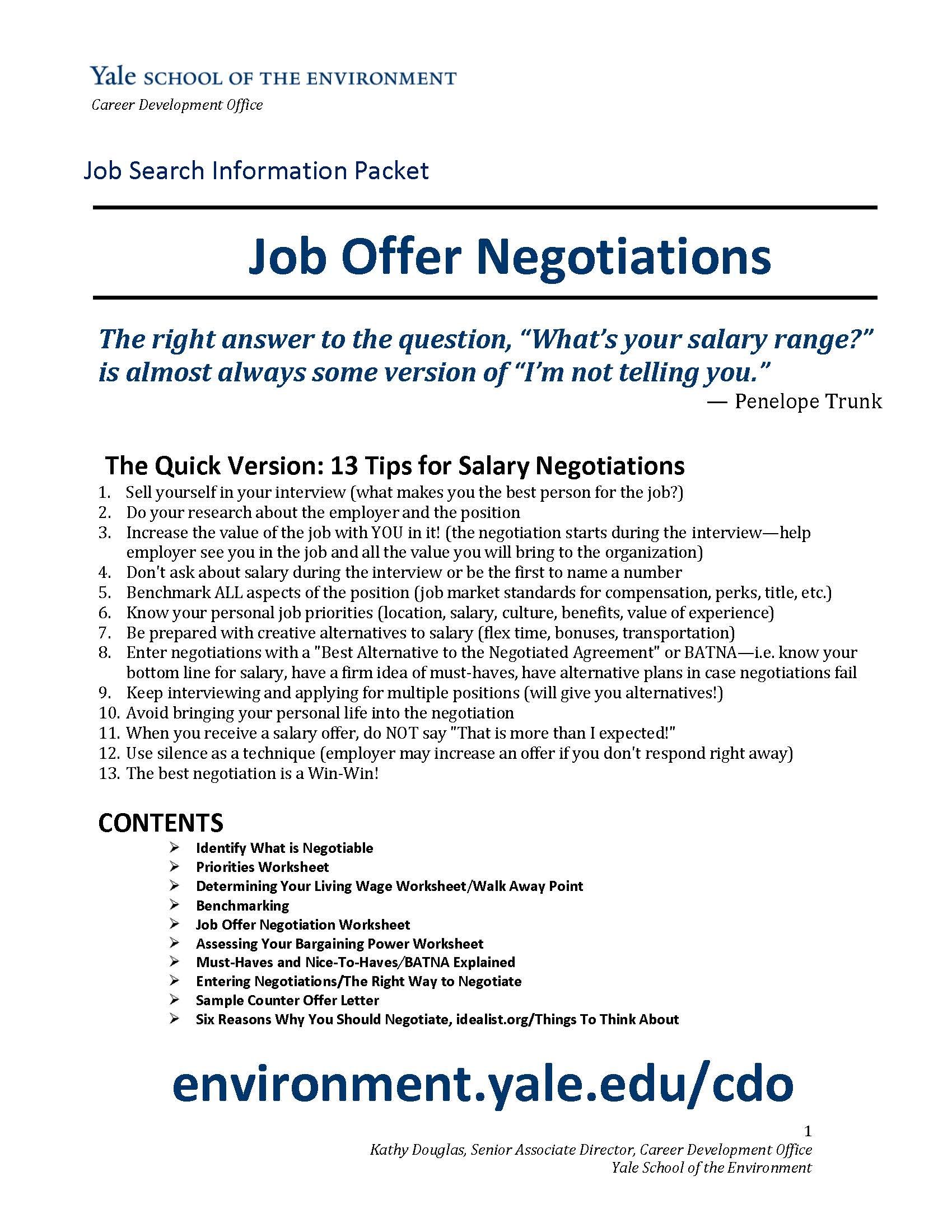Looking for the perfect financial advisor to guide you through the complexities of managing your money? Well, look no further! In this article, we will provide you with valuable tips for choosing the right financial advisor that suits your needs. Whether you’re a seasoned investor or just starting out, finding a trusted advisor can make all the difference in achieving your financial goals. So, let’s dive right in and explore the key factors to consider when selecting the ideal financial advisor for you.
Tips for Choosing the Right Financial Advisor
When it comes to managing your finances, seeking the assistance of a reliable and trustworthy financial advisor can make a world of difference. Whether you are planning for retirement, saving for your children’s education, or looking to grow your investment portfolio, a financial advisor can provide valuable guidance and expertise. However, with so many options available, finding the right advisor for your specific needs can be a daunting task. To help you make an informed decision, we have compiled a list of essential tips for choosing the right financial advisor.
1. Determine Your Financial Goals and Needs
Begin by evaluating your financial goals and needs. What do you hope to achieve with the help of a financial advisor? Are you looking for assistance with retirement planning, investment management, or debt management? Understanding your objectives will enable you to find an advisor who specializes in the areas that align with your needs.
2. Consider the Advisor’s Credentials and Experience
It is crucial to choose a financial advisor who possesses the necessary credentials and experience to provide reliable advice. Look for professionals with certifications such as Certified Financial Planner (CFP) or Chartered Financial Analyst (CFA). These designations indicate that the advisor has met specific educational and ethical standards.
Additionally, consider the advisor’s experience in the industry. How long have they been practicing? Have they worked with clients who have similar financial goals to yours? A seasoned advisor with a track record of success can provide you with greater confidence in their abilities.
3. Understand the Advisor’s Approach and Philosophy
Every financial advisor has a unique approach and philosophy when it comes to managing clients’ finances. Some advisors follow a conservative strategy, while others may take a more aggressive approach. It is important to choose an advisor whose philosophy aligns with your own risk tolerance and financial goals.
Ask about their investment philosophy, how they create financial plans, and how they communicate with their clients. A transparent and communicative advisor will keep you informed about any changes or adjustments to your portfolio and financial plan.
4. Evaluate the Advisor’s Services and Specialties
Consider the specific services and specialties offered by the advisor or firm. Do they provide comprehensive financial planning, including retirement, tax, and estate planning? Are they skilled in investment management or focused on debt reduction strategies? Choosing an advisor who can meet all your financial needs under one roof can streamline the entire financial planning process.
Furthermore, if you have any unique financial circumstances such as owning a small business or planning for a child with special needs, make sure the advisor has expertise in these areas.
5. Research the Advisor’s Reputation and Reviews
Before entrusting your financial future to an advisor, conduct thorough research to assess their reputation and client reviews. Look for testimonials, reviews, or ask for referrals from friends, family, or colleagues who have worked with the advisor. Online platforms and financial forums can also provide insights into an advisor’s reputation.
Verify if the advisor has any disciplinary actions or complaints filed against them. Organizations like the Securities and Exchange Commission (SEC) or the Financial Industry Regulatory Authority (FINRA) offer resources to check an advisor’s background and disciplinary history.
6. Consider the Fee Structure and Costs
Understanding the fee structure and costs associated with a financial advisor is crucial. Some advisors charge a percentage of the assets they manage (AUM fee), while others may charge a flat fee or an hourly rate. Make sure you understand how the advisor is compensated and what services are covered by the fees.
Compare the fee structures of different advisors and consider the value you will receive for the fees charged. It is also essential to inquire about any additional costs, such as transaction fees or administrative expenses, to ensure there are no surprises down the road.
7. Meet and Interview Multiple Advisors
Before making a final decision, it is recommended to meet and interview multiple financial advisors. This will give you an opportunity to assess their compatibility, communication style, and overall impression. Prepare a list of questions to ask each advisor, focusing on topics such as their experience, services offered, investment strategies, and fees.
During the interviews, pay attention to how well the advisor listens to your concerns and answers your questions. A good advisor should be attentive, patient, and dedicated to understanding your unique financial situation.
8. Trust Your Gut Feeling
While expertise and qualifications are essential, it is equally important to trust your gut feeling when choosing a financial advisor. Make sure you feel comfortable discussing your finances with the advisor and believe they have your best interests at heart. Trust and clear communication are key components of a successful advisor-client relationship.
9. Regularly Review the Advisor’s Performance
Once you have chosen a financial advisor, it is essential to regularly review their performance. Monitor the progress of your financial goals and evaluate if the advisor’s recommendations align with your expectations and risk tolerance. If you have any concerns or changes in your circumstances, be sure to communicate them with your advisor.
If, at any point, you are dissatisfied with the advisor’s performance or feel that the relationship is not working, do not hesitate to explore other options. Your financial well-being should always be the top priority.
By following these tips, you can increase your chances of finding the right financial advisor who will help you navigate the complexities of managing your finances and work towards achieving your long-term financial goals.
How to Pick the RIGHT Financial Advisor | 12 Questions
Frequently Asked Questions
Frequently Asked Questions (FAQs)
1. How do I choose the right financial advisor?
Choosing the right financial advisor is essential for your financial well-being. Here are some tips to help you make the right choice:
2. What qualifications should I look for in a financial advisor?
When selecting a financial advisor, consider their credentials, such as certifications, licenses, and educational background. Look for advisors who hold relevant designations like Certified Financial Planner (CFP) or Chartered Financial Analyst (CFA).
3. Should I opt for a fee-only or commission-based financial advisor?
Both fee-only and commission-based financial advisors have their pros and cons. Fee-only advisors charge a flat fee or an hourly rate, ensuring unbiased advice. On the other hand, commission-based advisors earn commissions from the financial products they sell. Consider your specific needs and preferences before making a decision.
4. How can I assess a financial advisor’s experience?
To assess a financial advisor’s experience, inquire about the number of years they have been in the industry and ask for client references. Additionally, you can check if they specialize in areas relevant to your financial goals.
5. What questions should I ask during an initial consultation with a financial advisor?
During an initial consultation, ask about the advisor’s approach to financial planning, investment strategies, fees, and potential conflicts of interest. You can also discuss your financial goals and evaluate how well the advisor understands your needs.
6. How can I verify a financial advisor’s credentials?
You can verify a financial advisor’s credentials by checking with the regulatory bodies or organizations that issued their certifications or licenses. For example, you can verify a CFP’s status through the Certified Financial Planner Board of Standards.
7. Is it important to assess a financial advisor’s fiduciary duty?
Absolutely! A financial advisor with a fiduciary duty is legally obligated to act in your best interest. Ask the advisor if they are a fiduciary, and ensure their fiduciary duty extends to all aspects of their relationship with you.
8. How should I evaluate a financial advisor’s communication skills?
Effective communication is crucial for a strong client-advisor relationship. Assess a financial advisor’s communication skills during meetings or phone calls. They should be able to explain complex financial concepts clearly and listen attentively to your concerns.
Final Thoughts
When choosing a financial advisor, it’s important to consider several key factors to ensure you make the right decision. Firstly, conduct thorough research on potential advisors, checking their qualifications, experience, and reputation. Next, assess your own financial needs and goals, as this will help you find an advisor who specializes in those areas. Additionally, take the time to interview multiple advisors, asking them about their investment philosophy and fee structure. Finally, trust your gut instinct and choose an advisor who you feel confident and comfortable working with. By following these tips for choosing the right financial advisor, you can make a well-informed decision that aligns with your financial goals and needs.



